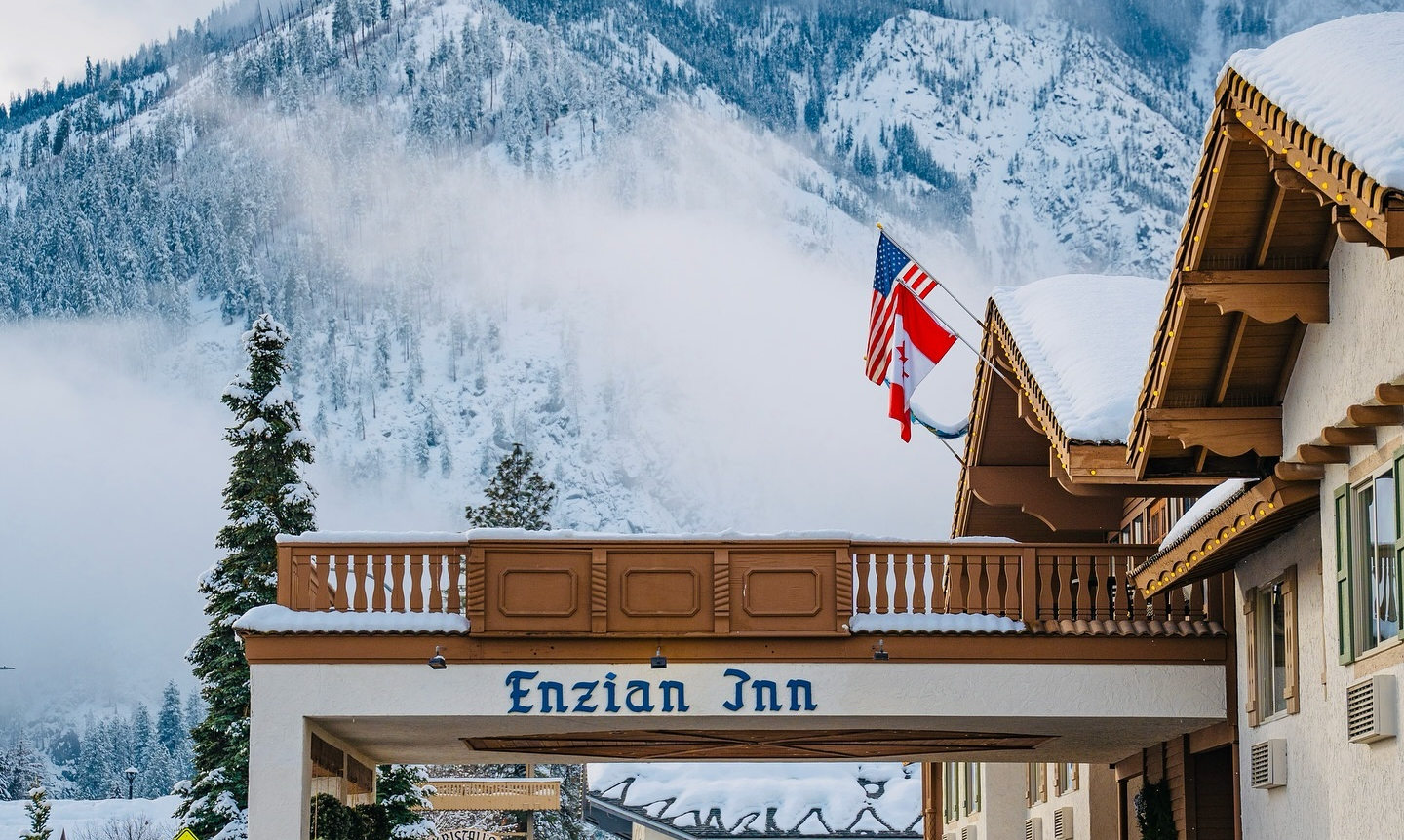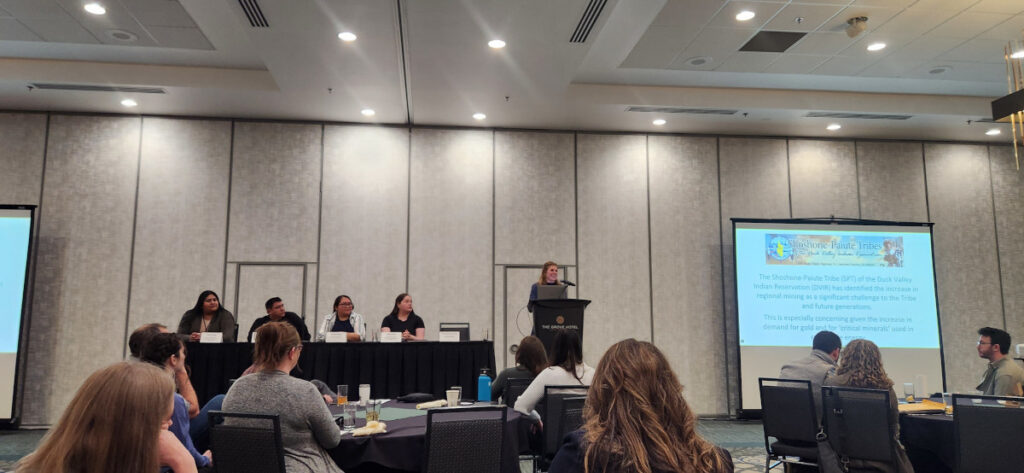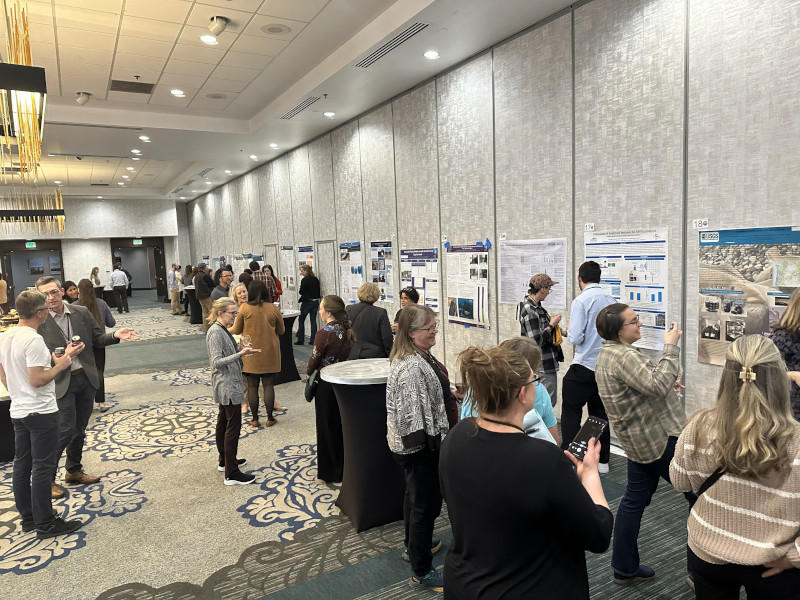Annual Meeting
2026 Annual Meeting
PNW SETAC will be holding its annual conference in Leavenworth, Washington on April 15–17th, 2026!
As one of the largest SETAC North America chapters, PNW SETAC represents members across Washington, Oregon, Idaho, Alaska, and British Columbia. Our chapter is committed to promoting scientific exchange, fostering connections among members, and emphasizing inclusivity and collaboration across the region.

This year’s theme, Science on the Edge: Managing Environmental Stressors with Resiliency, recognizes that our work is unfolding during a time of rapid change. Regulatory frameworks are shifting as budgets shrink, agencies face staffing cuts, and environmental and public health priorities are increasingly de-prioritized at the federal level. At the same time, the Pacific Northwest faces escalating climate pressures, from record-setting temperatures, wildfires, shifting hydrology, and rising sea levels.
How do we respond as scientists and practitioners when the challenges multiply and the resources to address them contract? What does resiliency look like in this climate? We invite presentations and posters that showcase resilient approaches in environmental science, toxicology, and chemistry including but not limited to:
- Adaptive management strategies for contaminated-site cleanup and long-term monitoring
- Climate-informed restoration and habitat design
- Innovative ecological or human-health risk assessments
- Advancements in analytical methods and site assessment to address emerging contaminants of concern
- Collaborative approaches that bridge regulatory, academic, and community priorities, and that honor Tribal sovereignty, uphold treaty obligations, and integrate Tribal ecological knowledge in respectful and collaborative ways
We encourage presenters to reflect on how their work advances environmental justice. Who benefits from or is burdened by environmental decisions? How can science inform more equitable approaches? How can collaboration and partnerships amplify underrepresented voices? How is science communicated to support shared understanding and informed decision-making?

Registration Cost
Early Bird: Save $20 through February 28th ($50 late breaking fee after April 11th).
Member: $290
Non-member: $375
Student Member: $160
Student Non-Member: $190
Single day Member: $200
Single day non-member: $250
Membership Fees: Professional: $50; Students: $20
Stay At The Enzian Inn
We request that you please plan use the conference room block at the Enzian Inn. Affordable rates for hosting the conference here are dependent on our meeting the room block commitments, which we find to be reasonably priced. The room block is available for dates between April 14 – 18, 2026. The food and comfort at the hotel come highly rated and staying here supports the chapter!
Use the “Add code” dropdown with group code “2504SETAC” to apply our discount event rate
Government Sessions at PNW SETAC
At this year’s Annual Meeting, we’re creating dedicated space for government scientists from states, tribes, and communities to connect with each other and the broader PNW SETAC community. We recognize the challenges with getting funding/approval to attend events such as our Annual Meeting and are looking for ways to support your attendance!
If you have ideas or want to help shape this government-focused initiative, please contact the board!
Join the Board
We encourage members to consider becoming more involved in PNW SETAC by joining the Board. Open positions for the 2026 term include Vice President, Treasurer, and four At-Large positions: Government, Industry, Academic, and Student.

Elections for open board positions will take place during early summer (~June) and terms begin early fall (~September). The board meets biweekly during fall and winter, after which meetings increase to weekly for the months leading up to the annual meeting.
We look forward to seeing you in Leavenworth in April!